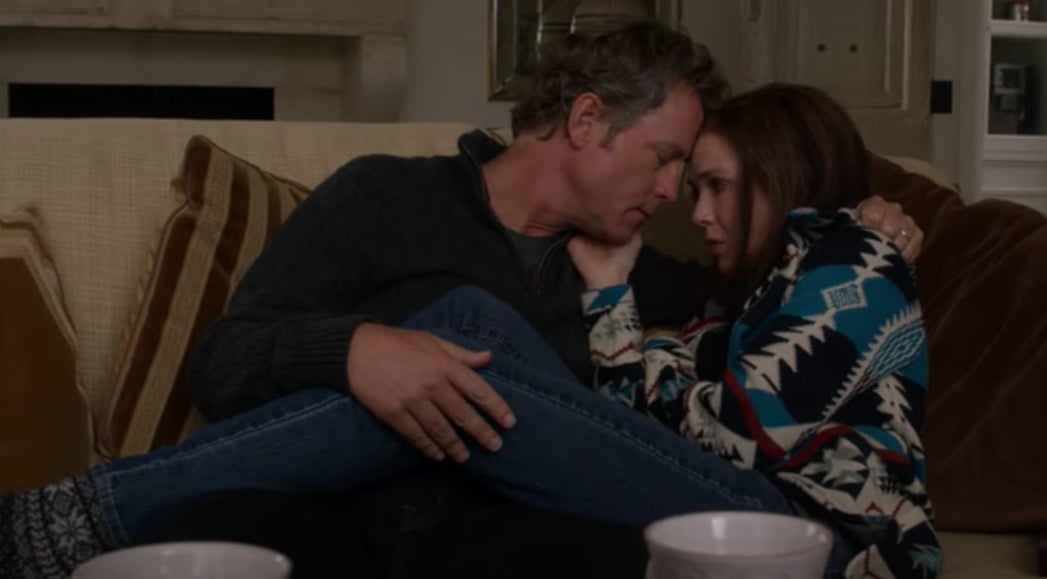The heinous “magical negro” trope returns in this preposterous, tone-deaf movie trailer
“A family that lost its way. A stranger with nothing to lose. An unforgettable true story. Discover the power of friendship.”


“A family that lost its way. A stranger with nothing to lose. An unforgettable true story. Discover the power of friendship.”
No, those are not lines from the Jonestown “Death Tape” transcript. Rather, they are tag lines that appear during the official trailer for Same Kind of Different as Me, an actual Hollywood movie with actual famous actors based on a book of the same name about a white couple who befriend a homeless black man.
Since the trailer was released last week, it has been predictably torn to shreds for its blatant use of the “magical negro” archetype—that is, a black character, often unschooled, who possesses unexpected wisdom and uses it exclusively to help the movie’s main characters, who are usually white people. You can see the trope on full display in films such as The Green Mile, The Legend of Bagger Vance, and several Morgan Freeman films, but especially Bruce Almighty, in which he literally portrays God.
There’s nothing inherently wrong with a black character who helps white characters in some way, but the objection to the “magical negro” trope is based on the premise that a black character should also be treated like an actual person, with an actual story, and actual ambitions and flaws and reasons to exist that make him or her a legitimate character instead of just a plot device to move along white people’s stories.
In Same Kind of Different as Me, a married white couple, played by Oscar winner Renée Zellweger and Oscar nominee Greg Kinnear, is having marital problems, when Zellweger’s character has a dream about “a poor wise man who changes the city.” This poor wise man soon materializes as a character named Denver, played by Oscar nominee Djimon Hounsou.
After watching Denver destroy a room with a baseball bat while she volunteers at a soup kitchen, Zellwegger’s character tells her husband, “We have to talk to him, that’s the man from my dream!”
And so they do, and the three become friends. The snotty, racist townspeople do not approve of the couple’s befriending a homeless black man, but Kinnear and Zellwegger don’t care, because Denver is helping them become better people.
In a moment almost too good to be true, actor Jon Voight appears to say, of homeless men like Denver, “they’re looking for handouts instead of using their hands for work,” which is a statement the Trump-supporting Voight might also say in real life.
Toward the end of the trailer, Kinnear says, “Denver changed everything.” Zellwegger agrees. “Our lives together would never be this beautiful.” Thanks for the assist, Denver! Sincerely, white people.
The book on which the film is based is purportedly a true story co-written by Ron Hall (Kinnear’s character) and the real-life Denver Moore, who died in 2012. Moore met Hall and his wife, Deborah, who was dying of cancer, at a soup kitchen in 1998. After Deborah died in 2000, Moore moved in with Hall, and the two wrote the book that would later become this very misguided Hollywood movie, which Hall also co-wrote. The full title of the book is Same Kind of Different As Me: A Modern-Day Slave, an International Art Dealer, and the Unlikely Woman Who Bound Them Together.
So, why? Why does this movie exist? We may never know. Paramount has already pushed back the release, so perhaps the studio is regretting the film.
We haven’t seen Same Kind of Different As Me, so maybe the film is actually a thoughtful and nuanced examination of a transformative friendship. That seems unlikely, given this trailer. It, together with the trailer (video) for Eddie Murphy’s upcoming movie Mr. Church, shows that Hollywood is still peddling this boring, racist cliché.